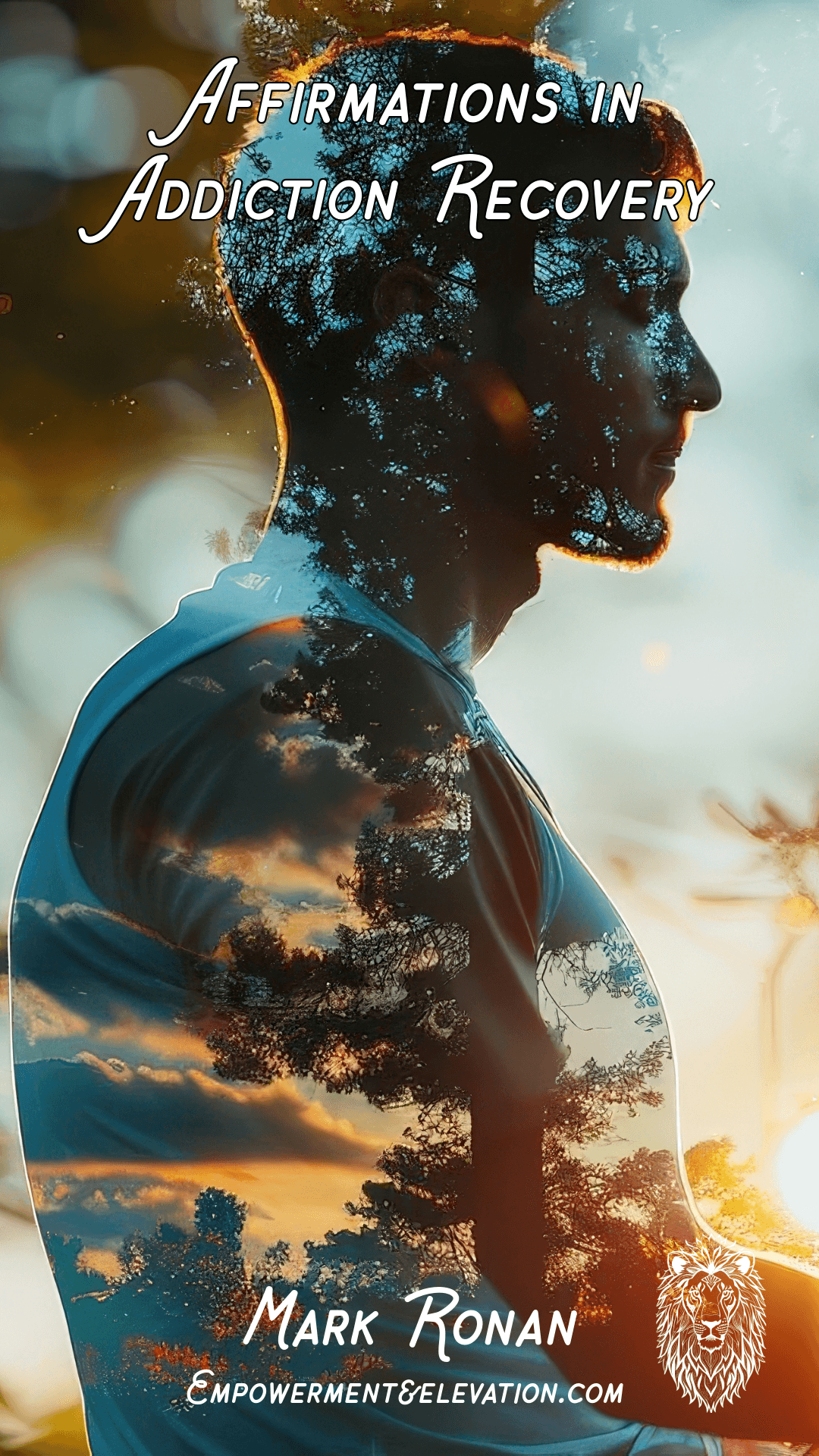Harnessing AI: Personalising Your Recovery Journey with Empowerment
AI in recovery promises to personalise your path, but it brings tough questions about privacy and trust. How do you find tools that respect your journey without trading control? This post breaks down the opportunities and ethical challenges, showing how the Empowerment Pathway uses AI-assisted tools for recovery to support real change—on your terms. Read more here.
Personalised Addiction Support with AI

AI is reshaping how recovery journeys unfold, offering custom solutions for each individual. Discover how these tools can tailor your path, helping you reclaim control of your life.
Tailoring Recovery with AI Tools
Imagine having a guide that knows your needs and adjusts to support you. AI in recovery provides this personalised touch. With AI, your progress is tracked, and patterns are identified to offer specific guidance. For instance, if stress triggers cravings, AI tools can suggest coping strategies. This is not about replacing human support but enhancing it. AI tools can remind you of meetings, track your mood, and even offer meditation tips. These innovations make your recovery path smoother and more responsive to your needs.
Empowerment Pathway’s Unique Approach
The Empowerment Pathway offers a structured, empathetic approach to AI in recovery. It combines lived experience with AI tools to create a supportive environment. This approach focuses on your unique journey, providing a clear roadmap from repair to renewal. Our tools, like Instructor GPT and Mirror GPT, integrate AI with personal guidance. This ensures you receive support tailored to your story. By using these tools, you benefit from a system that respects your pace and personal goals, helping you rebuild and thrive.
Real-life Success Stories
Consider Sarah, who found her way out of addiction with AI tools. She used Instructor GPT for daily motivation. This support kept her focused and empowered her to make positive changes. Her story is not unique. Many have found clarity and strength through personalised AI tools. Here’s what they discovered:
Improved emotional regulation
Better self-understanding
Enhanced motivation and accountability
These stories show the potential of AI to transform recovery journeys, offering hope and practical solutions.
Ethical AI in Recovery

While AI offers promising solutions, it also raises ethical concerns. We must ensure these tools protect your privacy and fairness in the recovery process.
Addressing Privacy Concerns
Your journey is personal, and privacy is paramount. AI tools must respect this by safeguarding your data. Using AI responsibly means having clear guidelines on data use. It’s crucial to know who has access to your information and how it’s protected. For example, systems should encrypt data and allow you to control what is shared. By ensuring privacy, you can confidently use AI tools, focusing on healing without worry.
Ensuring Fairness and Transparency
AI should be a fair player in your recovery, treating everyone equally. Transparency is key; you need to understand how these tools make decisions. Knowing the algorithms and data sources behind AI helps build trust. For instance, AI tools should explain why they recommend certain actions. This clarity ensures that the support you receive is unbiased and tailored genuinely to your needs. Learn more about ethical considerations in AI-driven healthcare.
Balancing Human Touch with AI Assistance
AI can guide, but it should not replace human connection. The best recovery journeys blend AI insights with personal interaction. Human support provides empathy and understanding that AI lacks. By combining both, you receive a balanced approach—AI offers structure, while people provide compassion. This synergy creates a comprehensive support system, enhancing your recovery experience.
Empowerment Through AI-Assisted Tools for Recovery

Our AI tools are designed to empower you, adding depth to your recovery journey. They offer personalised guidance and help you build trust in the process.
Instructor GPT: Personalised Guidance
Instructor GPT offers tailored advice, supporting you daily. Imagine a tool that knows your triggers and suggests real-time solutions. This AI assistant helps you stay on track by offering daily tips and motivation. Whether it’s managing stress or planning your day, Instructor GPT adapts to provide relevant support. This personalised guidance keeps you moving forward, focused on your goals.
Mirror GPT: Fostering Self-understanding
Self-awareness is vital in recovery, and Mirror GPT helps you achieve it. By reflecting on your thoughts and actions, this tool encourages introspection. It prompts questions and offers insights, helping you understand your patterns. With Mirror GPT, you gain clarity on your behaviours, empowering you to make informed decisions. This tool is like a mirror, reflecting your journey and guiding your growth. Explore how AI personalises patient journeys.
Building Trust in the Recovery Process
Trust is essential for progress, and AI can help build it. By ensuring transparency and fairness, these tools foster trust in your recovery path. You see results, understand the process, and feel supported. This trust makes you more likely to engage with the tools, enhancing your commitment to change. It’s about creating a safe space where you can explore, learn, and grow.
Change is possible, and with AI, your recovery journey can be uniquely yours. These tools support you as you rebuild your life with purpose and resilience. Embrace the possibilities and find the path that respects your story.


